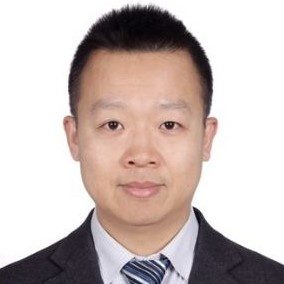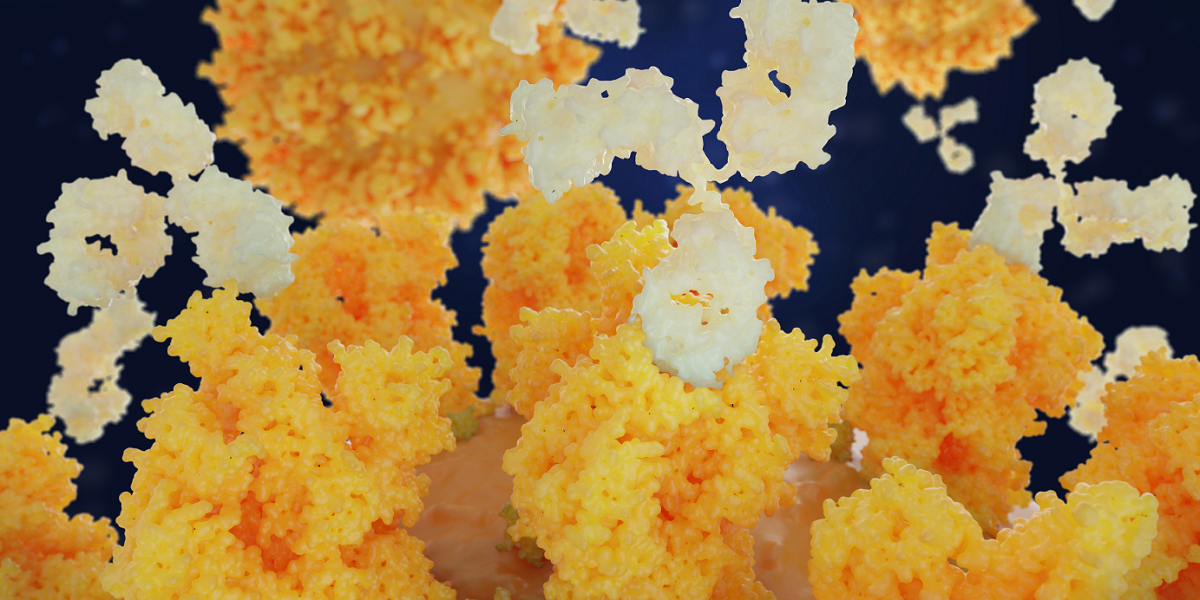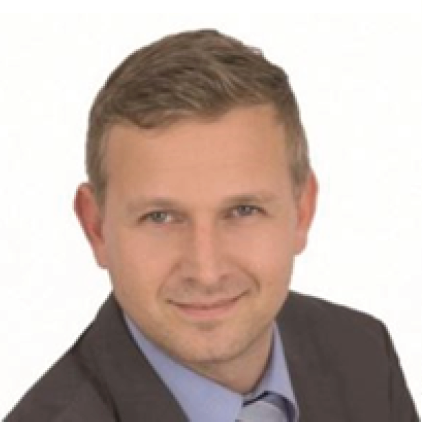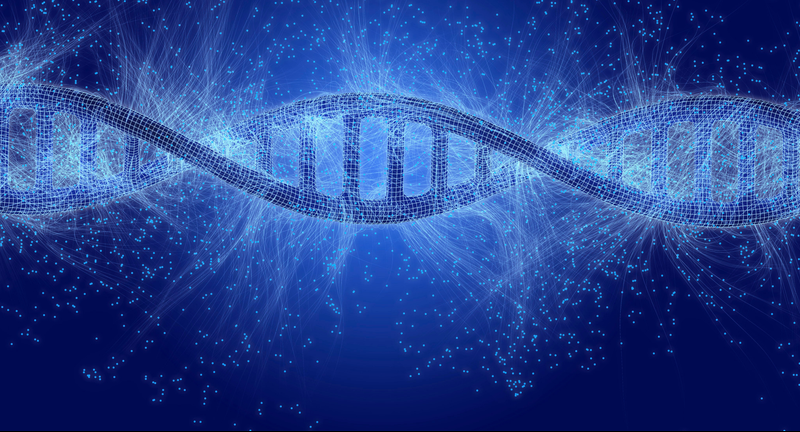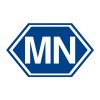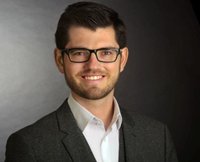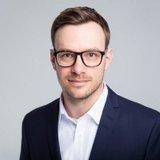27th August 2021, 4pm – 5pm SGT
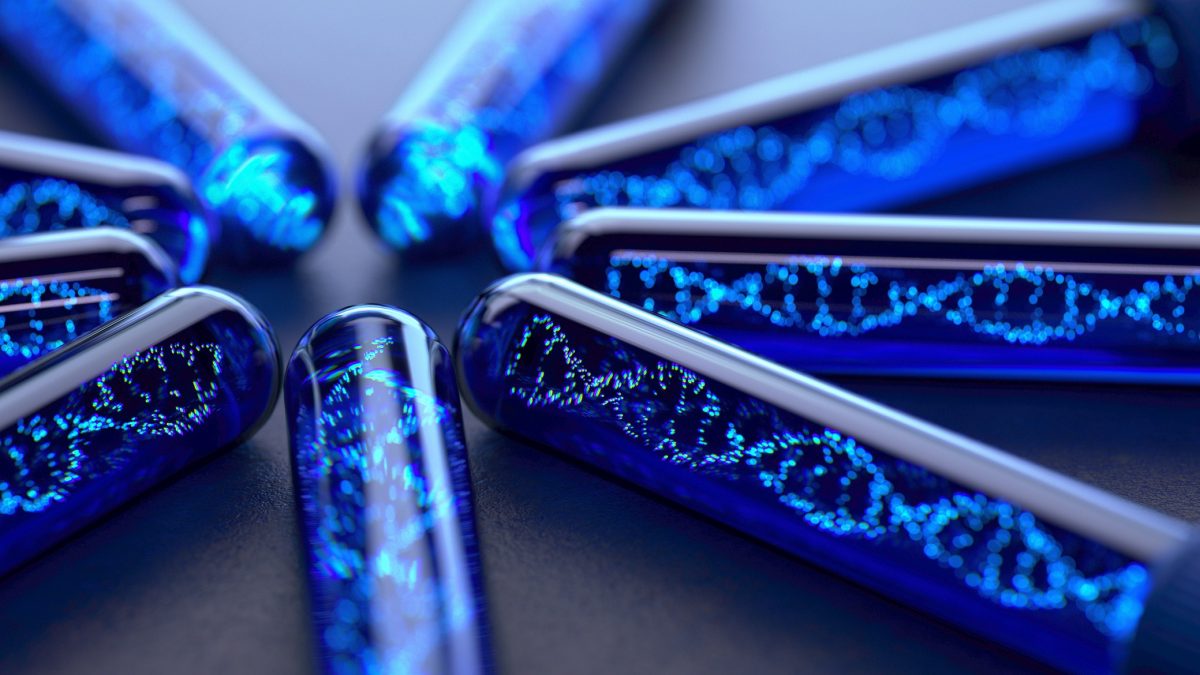
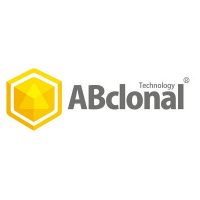
A comprehensive understanding of the tumor microenvironment, including stromal composition, cell-cell and cell-matrix interactions, abnormal physiology, as well as cellular characteristics of heterogenous tumors is the key to elucidating cancer complexities. Understanding the cellular, molecular, and biochemical interactions of tumors within their microenvironment is essential to improving cancer diagnosis and treatment.
With multiplexing IHC (mlHC) technologies and high-content pathological analysis platform, scientists can simultaneously detect multiple markers on a single tissue section and the comprehensive study of cell composition, cellular functional and cell-cell interactions. mlHC provides high-throughput multiplex staining and standardized quantitative analysis for highly reproducible, efficient and cost-effective tissue studies. This technique has immediate potential for translational research and clinical practice, particularly in the era of tumor microenvironment study and cancer immunotherapy.
